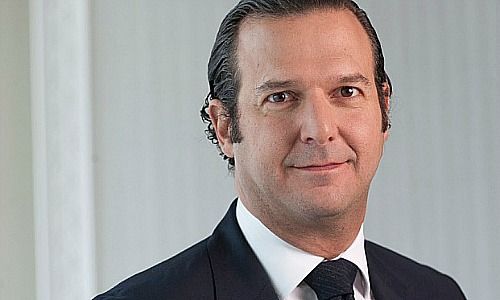Laurent Ramsey isn't much worried about Brexit. There are two other more pressing issues the partner of Geneva-based Pictet needs to deal with.
A month ago, British voters decided it was time to leave the European Union. A sense of insecurity has taken hold of the City since the vote as a number of banks consider moving their operation away from Britain to the continent, retaining an unfettered access to the EU market.
No Big Worry
Pictet, the private bank based in Geneva, is pretty relaxed about all this. «It is not worrying us at this stage,» Laurent Ramsey told the «Financial Times» (article behind paywall) over the weekend, referring to Brexit. Ramsey has been a partner at the bank and CEO of Pictet Asset Management in London since the beginning of the year.
The unit has some 780 employees (385 of which are based in Geneva and the remainder in London) and manages some 140 billion euros in assets belonging to institutional clients (as of mid-2016).
London Will Remain a Hub
The equanimity which Ramsey, 46, is displaying in the face of adversity may surprise at first glance. After all, Pictet is serving the European market from London. If the United Kingdom loses its passport to the EU market, the bank will no doubt be hurt. But Ramsey just states: «London and Switzerland will remain our major hubs unless there is a major change in regulation.»
Pictet Asset Management has already profited from Brexit, receiving 590 million pounds in the two weeks after the decision alone.
'Short-Terminism'
The banker, who joined Pictet in 1993, has two things he really worries about. One is termed 'short-terminism' in the industry. Customers are «obsessed» about monthly returns, he says, even though they once invested their assets to enjoy retirement. But a great number of clients today are looking towards getting their money's worth on a quarterly or annual basis.
The short term view taken by investors are putting the companies in a dilemma, because short-term gains are at odds with sustainable growth. Ramsey's voice is just one of many urging a more long-term perspective, including Credit Suisse CEO Tidjane Thiam and UBS CEO Sergio Ermotti.
Passive Investments
The second issue Ramsey is concerned about is the increase in passive investments. He believes that such investments are risky – in particular the more complex asset classes such as high-yield bonds. Experienced money managers are better able to understand risks for investors.
Ramsey believes that the current times of uncertainty are a true test for active asset managers. However, only very few managers have beat the performance of indexes in the past years.




































